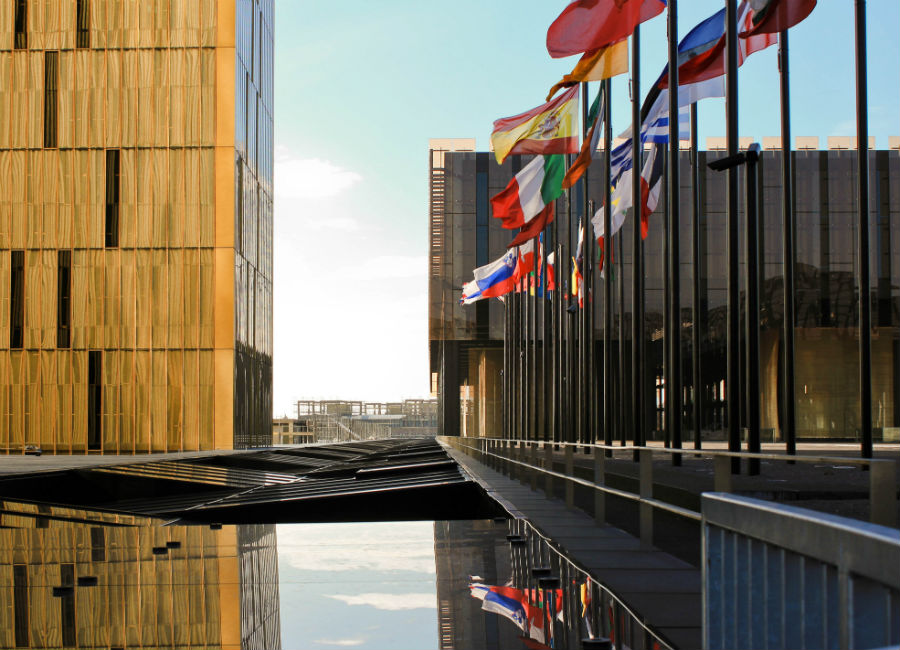Terrorism generates fear – that is its purpose. Attacks serve to make us think twice before we leave the house, to sow suspicion and fear about neighbours and friends who are different to us in some way, to make us question the core of our liberal values. Paradoxically, terrorist attacks tend to unify and to divide at the same time. Just as sorrow and sympathy unite us, fear and anxiety divide us into “us” and “them”.
In these circumstances we are drawn, quite understandably, to demands for more security, more counter-terrorism, more laws. But is “more” the right answer? Certainly the history of legal responses to terrorism indicates that legislation produced rapidly in the wake of terrorist acts can be problematic and often fails to address the core problem.
The record shows that politicians may rush through legislation in order to capitalise on sympathy, fear and the demand for more security. This can result in laws that lack the benefit of robust debate and which extend state power and often greatly curtail individual rights. And to what end? Does anyone truly believe that internment in Northern Ireland, control orders throughout the UK, military enquiries in Guantánamo Bay, or the proscription of terrorist organisations in Nigeria (to give just a few examples) actually tackle terrorism in any effective way?
Certainly these measures satisfy our desire to see that something is done. They tend also to stem from governments' good faith efforts to provide a legal framework for security. But it is by no means clear that they work.
The attacks in Paris last Friday have rightly been condemned by governments and organisations all over the world. The incomprehensible combination of the extraordinary and the banal, where going to a restaurant or concert on a Friday night leads to one’s assassination, vividly exposes the insecurity inherent in living in an ideologically divided world with easy access to arms, information and international travel.
Early reports suggest that they have also shown up weaknesses in intelligence cooperation and policing. It’s not at all clear, however, that they expose any inadequacies in the law.
Yet in spite of this, politicians are already calling for more and quicker laws to address terrorism. The French president, François Hollande, has called for swift constitutional change in France to address the nature of terrorist emergencies, such as to strip citizenship from convicted terrorists and exclude dual nationals from the country.
Here in the UK, Lord Carlile QC has already suggested that the attacks provide a rationale for placing the Investigatory Powers bill on a fast-track, robbing it of the full and vigorous parliamentary debate that such a bill requires.

European Court of Justice. Photo by katarina_dzurekova
Less is more
To accede to calls for swift and fundamental legal changes is mistaken. The immediate aftermath of an attack is a febrile milieu in which debate is hampered by the political costs of opposition. In such a context, the virtue of saying the unpopular in defence of the principled is costly indeed. We simply do not yet know enough to tell whether the attacks in Paris suggest that more, new, or different investigatory powers are necessary, or that exclusion orders would have prevented these attacks. Legislating in a hurry is profoundly unwise and should be avoided.
The same is true at the European level. Over the past 14 years the EU has become adept at making counter-terrorism law, but less skilled at accounting for rights in the course of doing so. Predictably, suggestions of fundamental legal changes in the wake of the attacks on Paris have been made with regards to Europe’s borders, intelligence sharing between member states and collective security. Yet we have already seen the potential drawbacks in passing hastily developed European-wide counter-terrorism laws.
After the Madrid and London bombings, the EU Data Retention Directive was put on the books, in spite of loud protestations that the blanket surveillance it required was unlawful. And so it proved to be when, eight years after its introduction and after numerous legal challenges, the directive was struck down by the Court of Justice for disproportionately interfering with fundamental rights.
The court accepted that security is an important common goal that the EU is entitled to pursue, but this does not mean that fundamental rights can or should be sacrificed in its name. That same message can be found repeated in decades of court cases and academic writing, as well as gleaned from the declining social cohesion and enduring insecurity that exist in spite of – perhaps even partly because of –- quick legal responses to massive security failures.
Markus Söder, the finance minister for the German federal state of Bavaria, said that “Paris changes everything”. We should hope that this is true: that Paris may be the terrorist attack in the aftermath of which we finally step away from the well-worn pattern of reactionary legislation, disproportionate interference with rights and distorted debate on counter-terrorism. Instead we need calm heads and a willingness to question whether more and more counter-terrorism law can ever deliver the security we desire.
* This article was first published by The Conversation, 17 November 2015